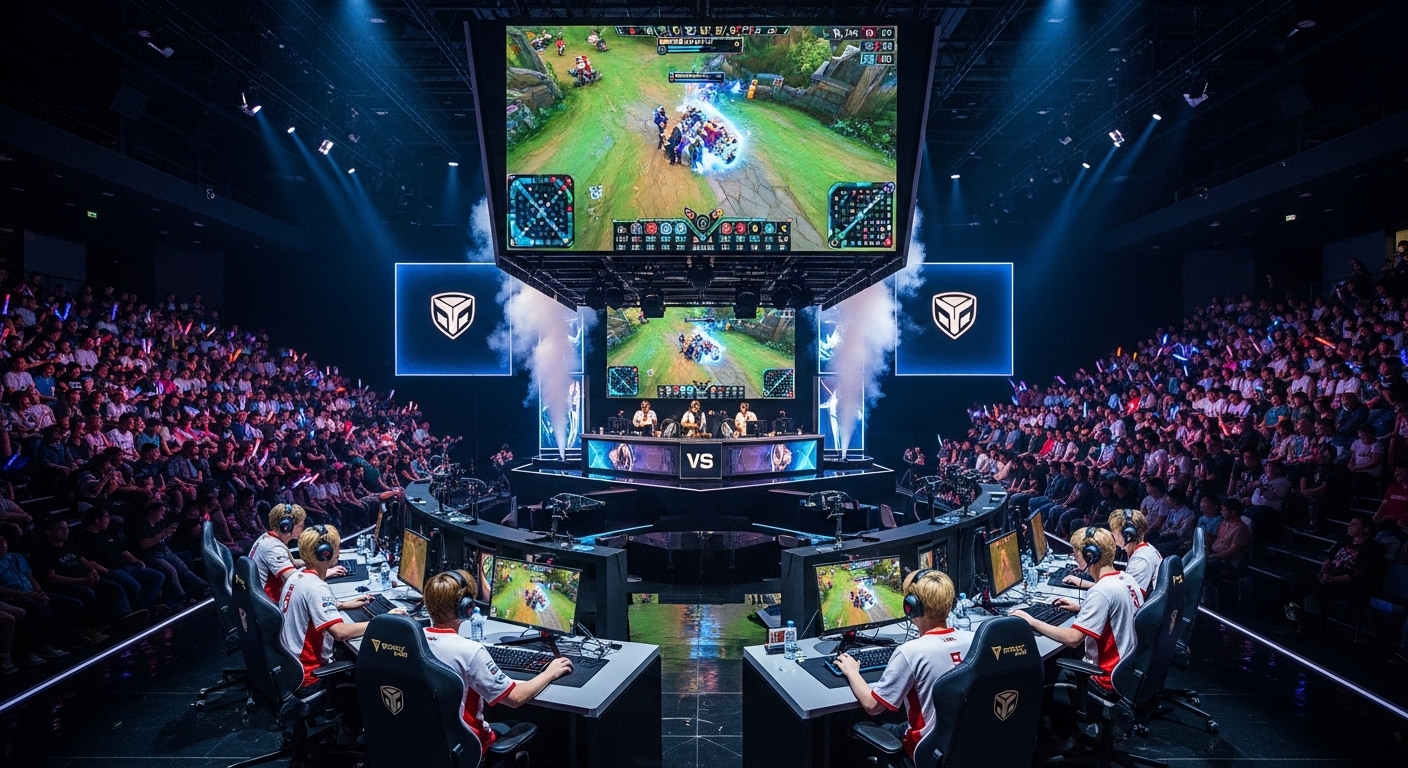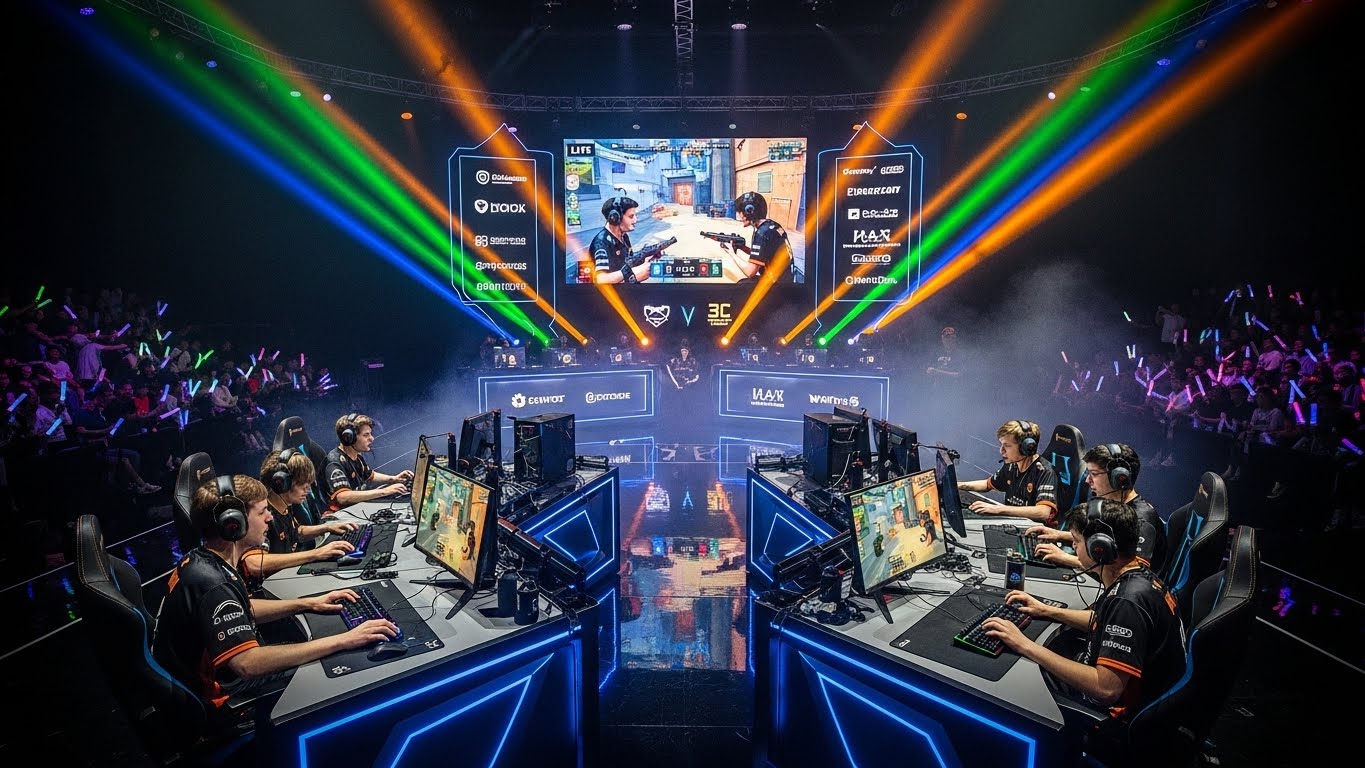Introduction: The Digital Arena
Esports, or electronic sports, has evolved from a niche hobby into a global phenomenon, transforming the way we perceive competitive gaming. What was once seen as mere entertainment has now become a serious industry with professional players, teams, sponsorships, and massive fan followings. The rapid growth of esports reflects the changing landscape of sports, technology, and youth culture.
The Evolution of Esports
Esports began with small tournaments in arcades and online communities, often unnoticed by mainstream audiences. Early competitive games like StarCraft, Counter-Strike, and Warcraft laid the foundation for organized play. Over time, improved internet infrastructure, live streaming platforms, and social media have brought esports to the forefront, attracting millions of viewers worldwide. The evolution of esports is a testament to how technology can reshape entertainment and competition simultaneously.
Popular Esports Genres
Esports encompasses a wide variety of game genres, each offering a unique type of competition. Multiplayer online battle arena (MOBA) games like League of Legends and Dota 2 emphasize team strategy and coordination. First-person shooters (FPS) such as Call of Duty and Valorant focus on precision and reflexes. Additionally, fighting games, sports simulations, and real-time strategy titles continue to thrive, providing players multiple avenues to showcase skill and creativity.
Professional Players and Teams
Behind every major tournament is a network of professional players and teams who dedicate countless hours to training. These athletes often follow rigorous routines, including strategy analysis, mechanical practice, and mental conditioning, similar to traditional sports. Teams compete in leagues and championships, earning recognition and lucrative contracts. The emergence of esports academies and training facilities shows the seriousness and professionalism of the field.
The Business Side of Esports
Esports has grown into a multi-billion-dollar industry fueled by sponsorships, advertising, merchandising, and media rights. Brands recognize the massive influence of esports audiences, particularly younger demographics, leading to increased investment in tournaments and teams. Streaming platforms provide additional revenue streams through subscriptions, donations, and advertising, further strengthening the financial ecosystem of competitive gaming.
Cultural Impact and Community
Esports is more than just a competition; it has fostered vibrant communities around games and teams. Fans connect online through streaming platforms, forums, and social media, creating shared experiences and cultural trends. Esports has also influenced mainstream entertainment, from television shows featuring gamers to collaborations with music artists, blurring the line between gaming and pop culture.
Challenges Facing Esports
Despite its growth, esports faces challenges such as mental health concerns, burnout among players, and the need for consistent regulation. Maintaining fairness, managing online toxicity, and ensuring sustainable careers for players are ongoing issues that the industry must address. Additionally, as esports continues to grow, balancing commercialization with the authentic community experience remains a critical consideration.
Conclusion: A Future of Infinite Possibilities
Esports represents the convergence of technology, entertainment, and human skill. Its continued rise demonstrates the power of digital culture and its ability to reshape traditional concepts of sports and competition. As the industry evolves, the possibilities for players, fans, and businesses are limitless. Whether you are a casual gamer or a competitive enthusiast, the world of esports offers a dynamic arena where talent, strategy, and innovation meet.



